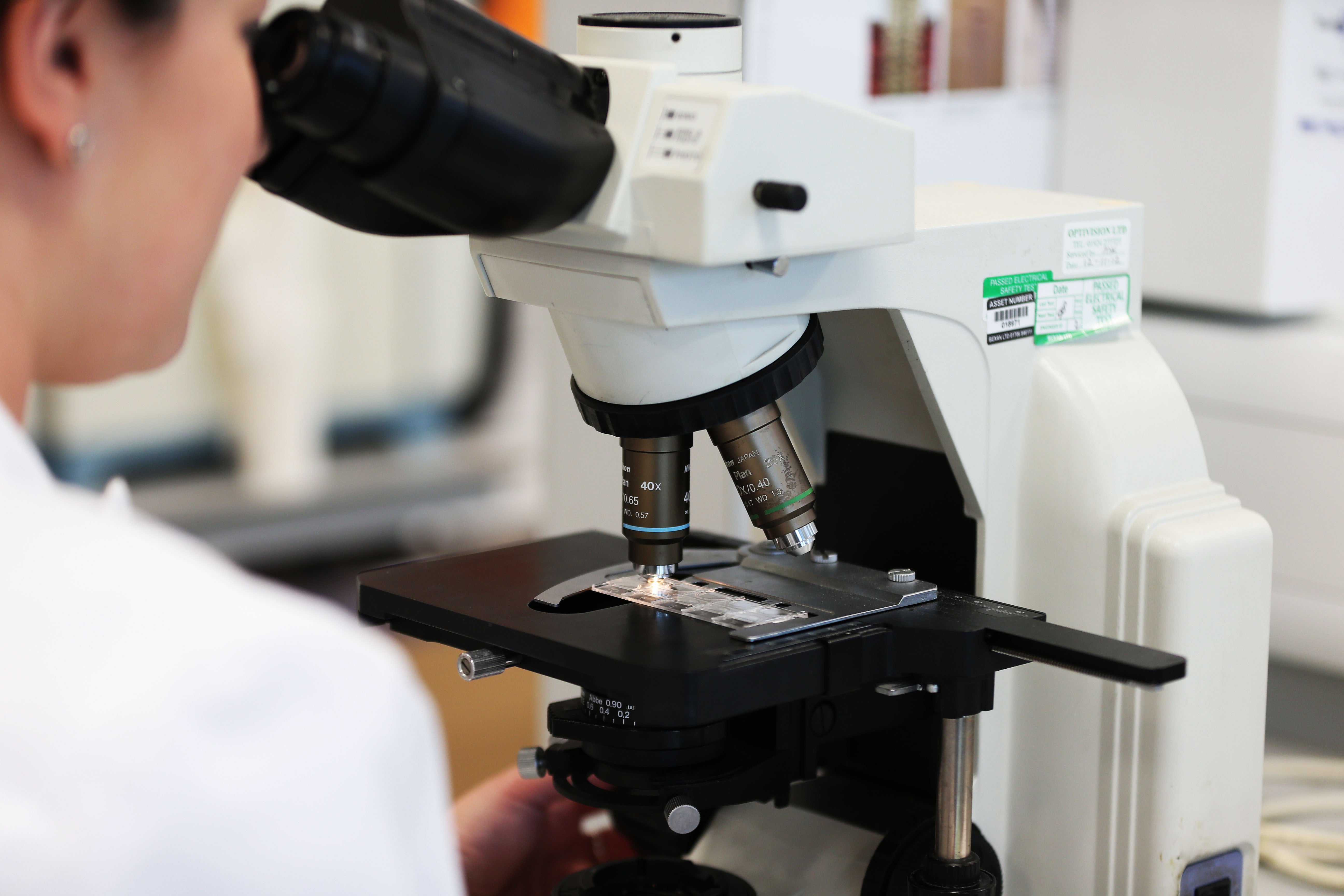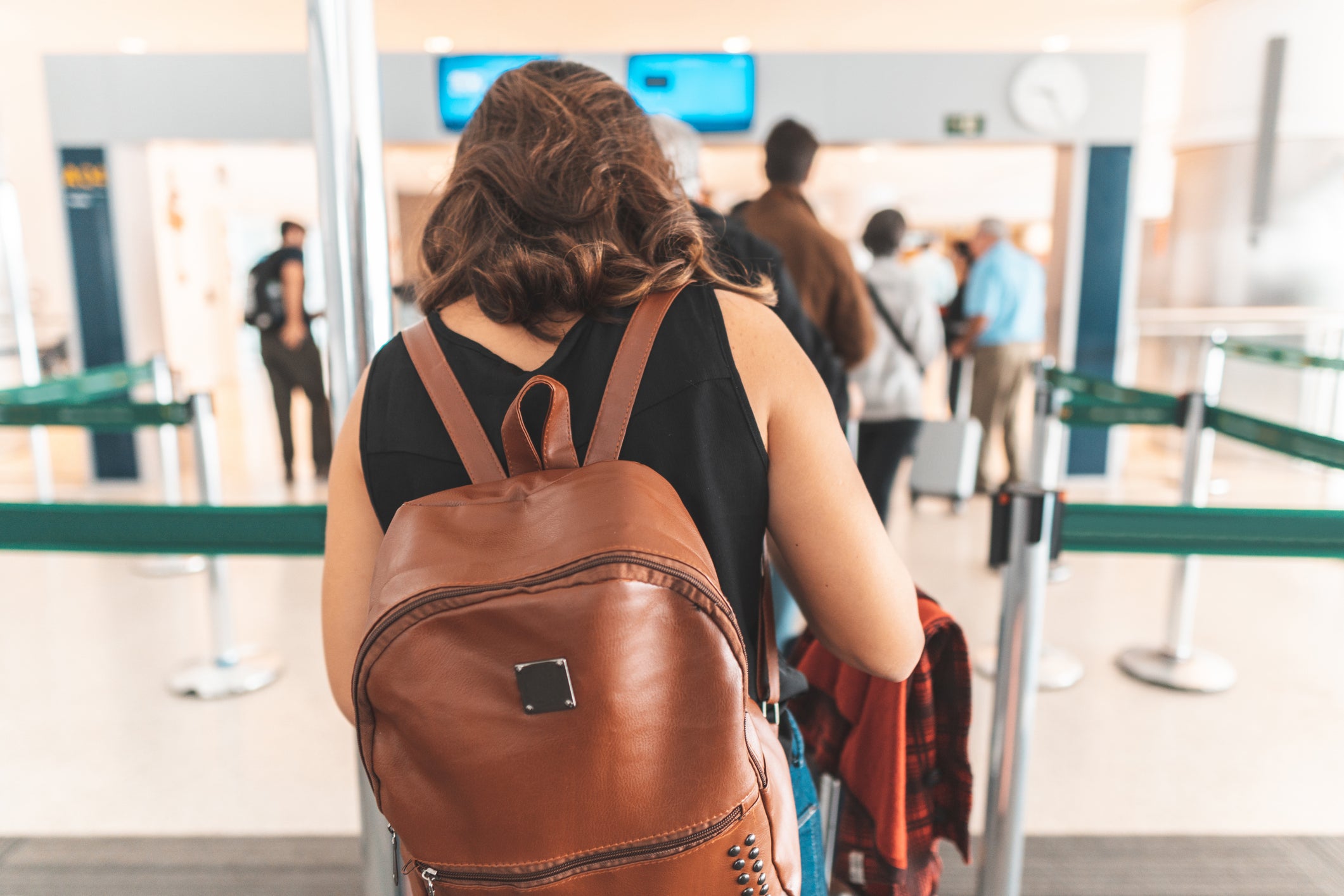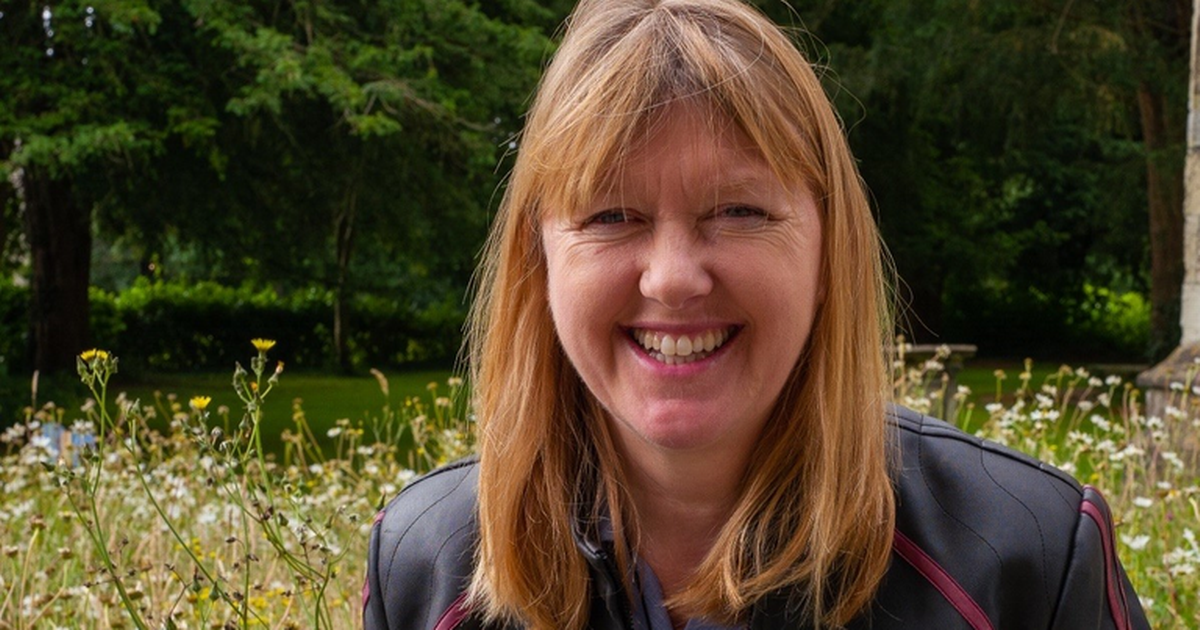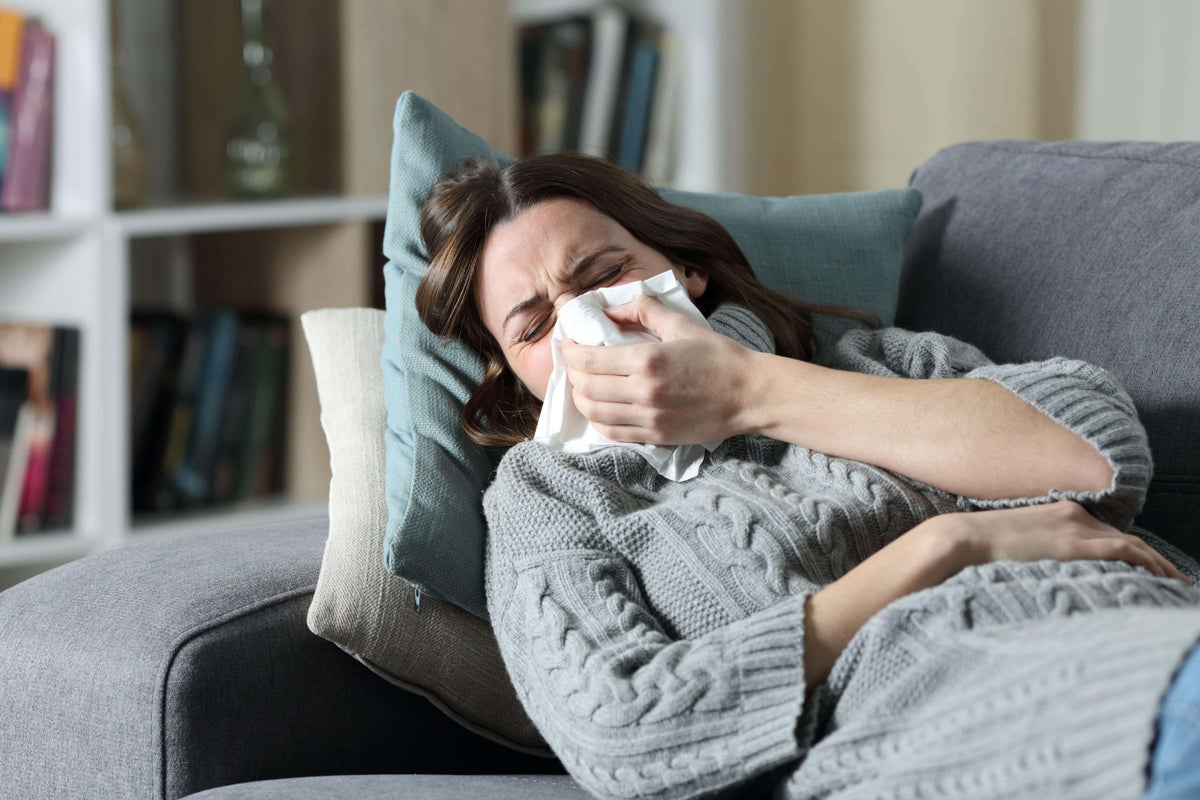Health officials have reported a record number of typhoid and paratyphoid cases linked to travel.
The UK Health Security Agency (UKHSA) has issued a warning, urging travellers to take all possible precautions to avoid infections.
Provisional figures from the agency reveal 702 cases of typhoid and paratyphoid fever in England, Wales, and Northern Ireland in 2024.
This represents an 8 per cent increase from the previous year, and is the highest number ever recorded.
Typhoid fever is a bacterial infection and without prompt treatment it can cause serious complications and can be fatal.

It is caused by a salmonella bacteria and usually spread through contaminated food and water.
A free vaccine is available for some patients at their GP surgery before travel, with travellers urged to check the Travel Health Pro website for information before they go abroad.
There is no vaccine for paratyphoid.
Meanwhile the UKHSA said that imported malaria cases remain at “concerning levels” in the UK, despite a slight decrease from the previous year.
There were 1,812 cases diagnosed in 2024.
The number of dengue cases also appears to have decreased.
Dr Philip Veal, consultant in public health at UKHSA, said: “We are seeing high levels of infections such as malaria and typhoid in returning travellers.
“It is important that travellers remain alert and plan ahead of going abroad – even if you’re visiting friends and relatives abroad or it’s somewhere you visit often.
“The Travel Health Pro website has information on how to keep yourself and family healthy, including what vaccines to get, any important medication such as anti-malaria tablets, and how to avoid gastrointestinal infections such as typhoid and hepatitis A.
“If you are pregnant or trying to conceive there are special precautions you should take, so please speak to a healthcare professional before planning your trip.”





